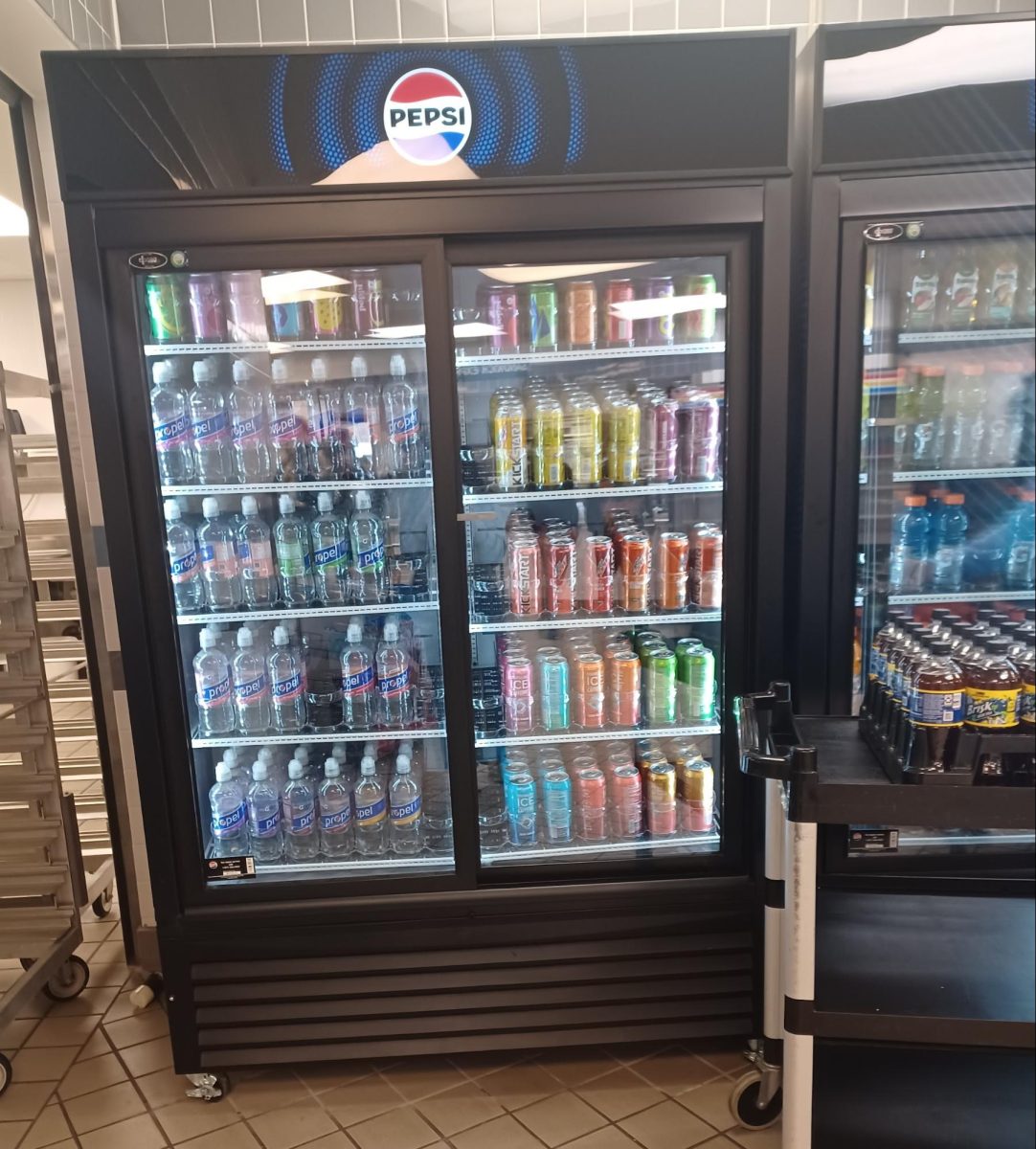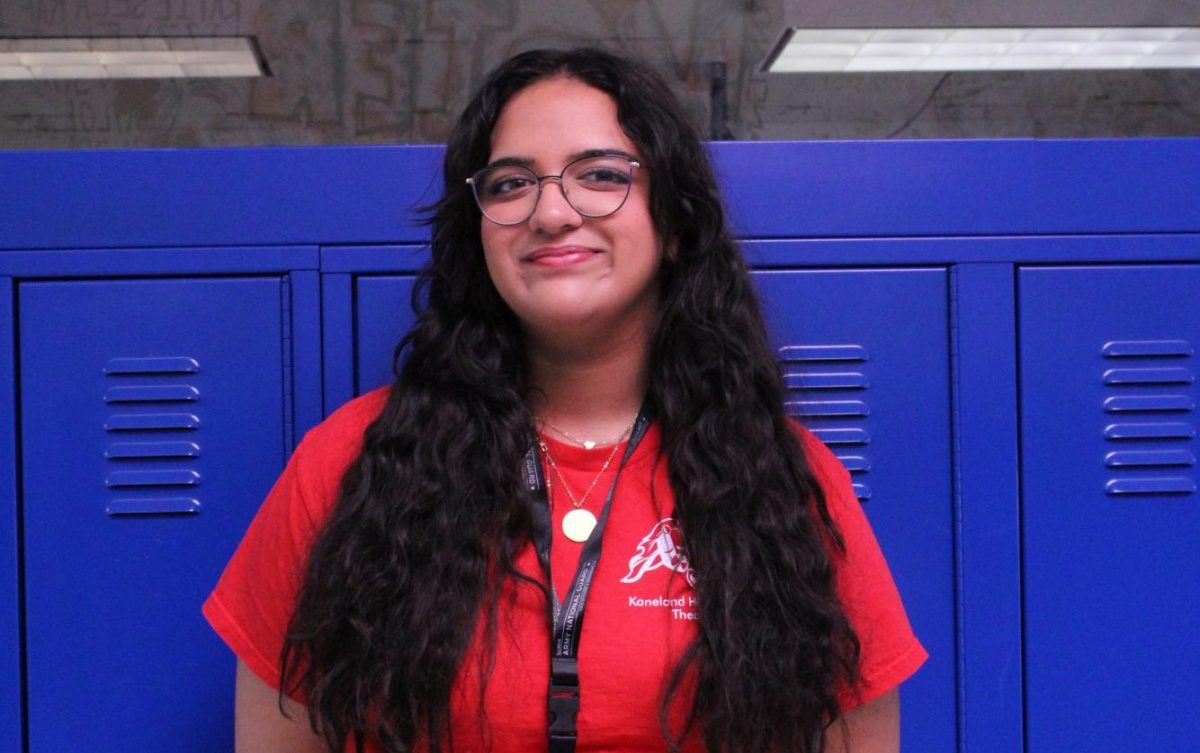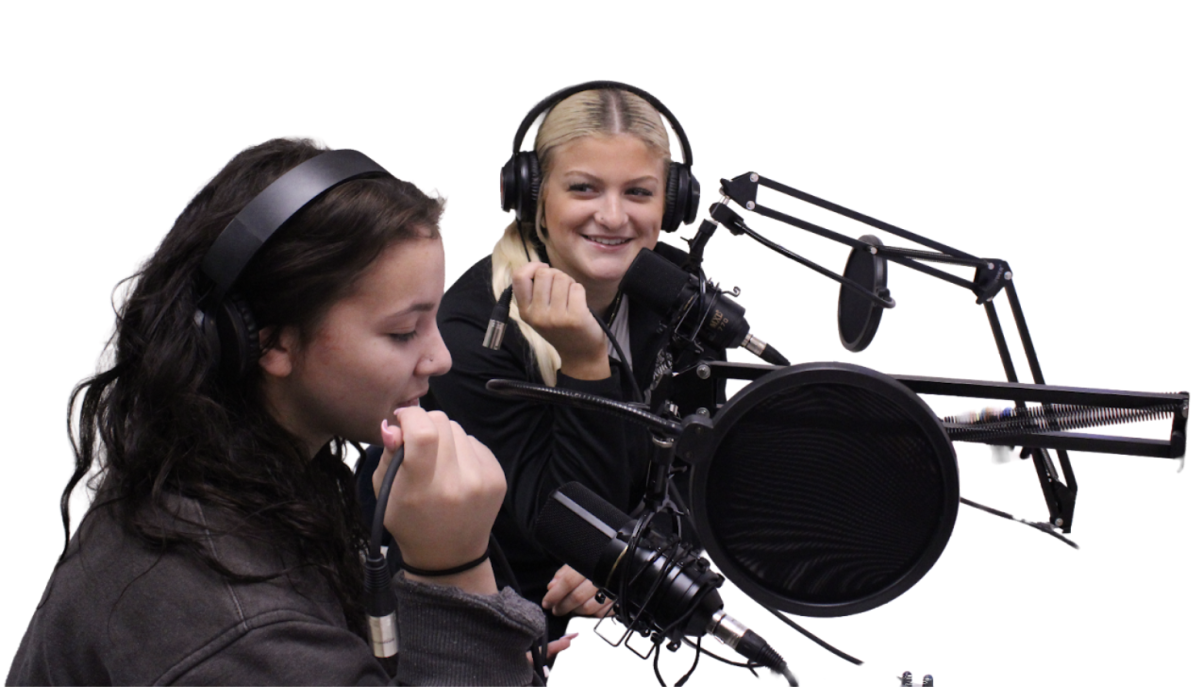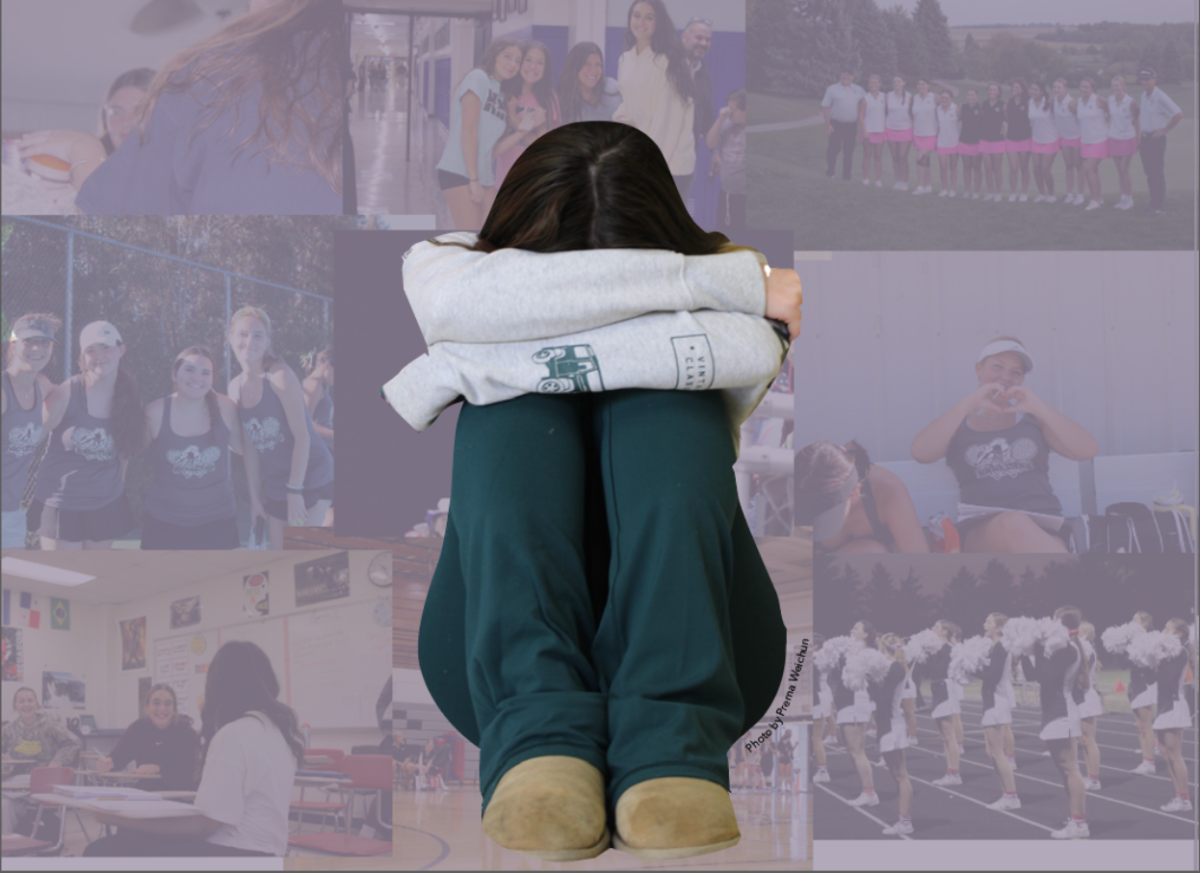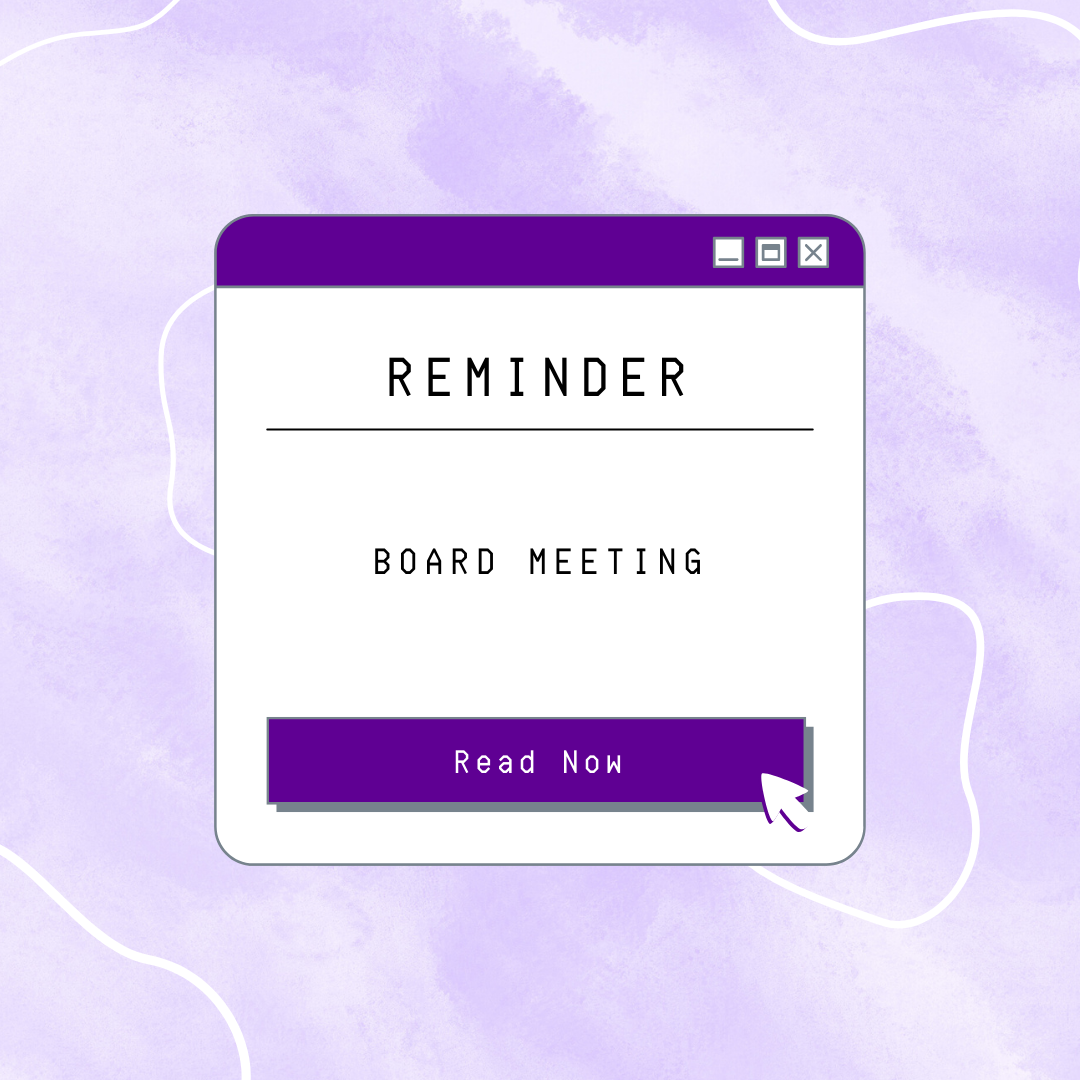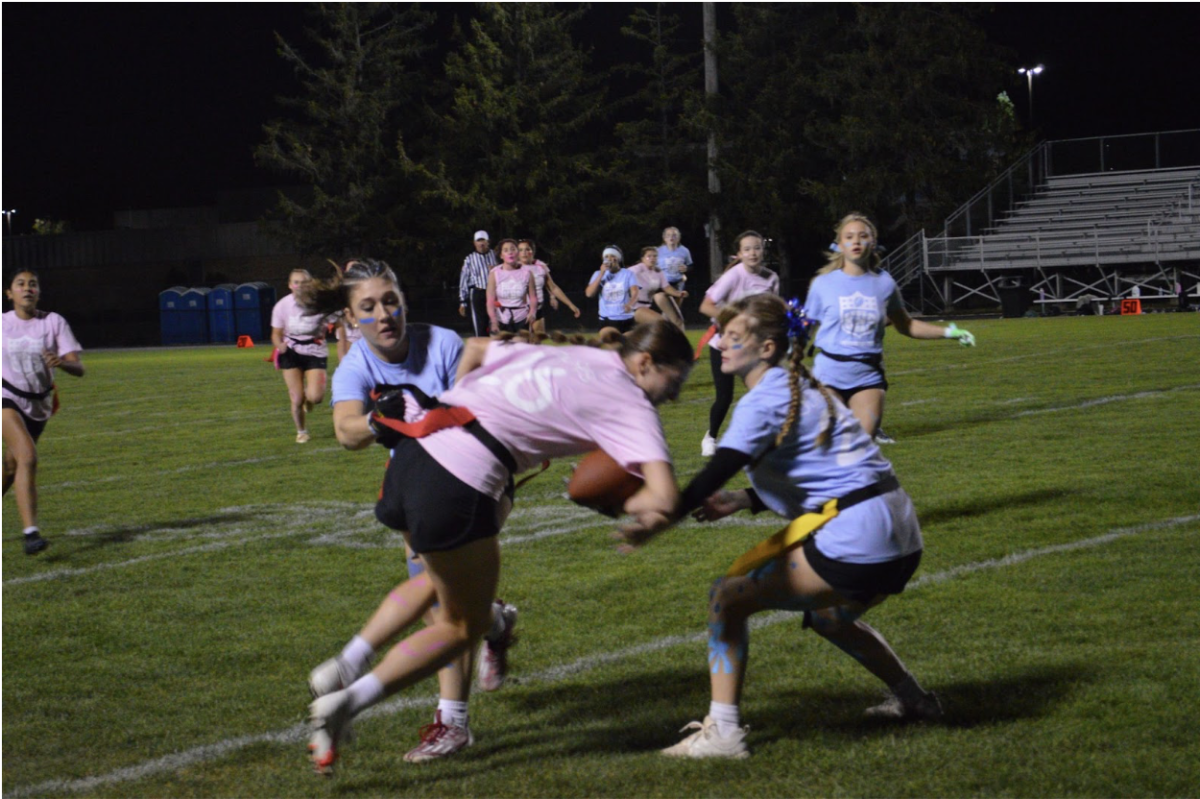Confidence is an essential part of society today with more and more employers looking to hire self-assured leaders. With Gen Z starting to enter the workforce, confidence is even more essential to ensure a bright future. According to a poll of 204 Kaneland students, 40% agree that confidence is an important factor in the classroom and in life, which is something teachers would agree with as well.
“Confidence plays a major role in how students engage in the classroom between teachers and their peers,” social studies teacher Daniel Ferrel said. “If students don’t feel comfortable or confident in themselves, then they are less likely to become involved and more likely to not enjoy what they are doing in class. Participation and engagement are paramount to students who want to be successful and learn, and confidence in themselves plays a huge role.”
Confidence matters in all aspects of schooling, but one of the most relevant cases of needing confidence is in fine arts classes, as it takes everyone believing in themselves to produce an excellent performance.
“Confidence is vitally important in choir,” choral director Bryan Kunstman said. “Singers must be confident enough in their own ability that they are willing to make mistakes loud enough to be heard. That means they cannot be worried about what others think or feel as though they are going to be judged for making a mistake. If a student lacks that confidence, they will never find the true joy that is possible in singing in an ensemble. In turn, they will likely struggle to reach their full potential.”
Teachers want to see their students succeed, and the only way to succeed is through failure. If one never fails at something, they will never learn how to do it right. It has become clear over the years that students become fearful of failure, resulting in a lack of confidence. When they are put into a class of peers that they don’t know, students tend to be less likely to speak up. This could lead to questions about why the younger generations might seem timid.
“Overall, there has been an increase in mental health problems with teens and students, which may lead them to have lower self-esteem and not think as highly about themselves,” Ferrel said. “Some may also stem from living in a post-COVID educational environment, in which students may not have gotten all the background knowledge they need to be successful in a course and are therefore struggling to engage in new and different material.”
Not only has COVID-19 played a role in the lack of confidence in students, but the popularity of social media has also impacted how they view themselves beyond the classroom. Students look at their peers on their Instagram stories and do what humans naturally do, which is compare themselves to others.
“[Social media] has impacted my confidence by [creating] a lower self-esteem, and viewing others having a better time than I am [would make me] think to myself that I’m not good enough to do any of what they’re doing,” freshman Yasmin Talabani said.
Social media can create what is called “imposter syndrome.” The National Library of Medicine describes imposter syndrome as “self-doubt of intellect, skills, or accomplishments among high-achieving individuals.” Imposter syndrome has become more prevalent in younger generations and has greatly impacted confidence levels.
Something that also impacts the confidence levels of Gen Z is the stigma that has been built around it. Some tend to paint confidence in a negative way, implying that someone with confidence is automatically rude and full of themselves, but society’s views are ever-changing.
“I think our society generally responds well to confidence, and has for quite a while,” Kunstman said. “Perhaps the evolution in the perception of confidence is the realization that confidence is important, but self-confidence doesn’t mean that you are better than someone else. We can be confident in our own strengths without the need to find weaknesses in others.”



